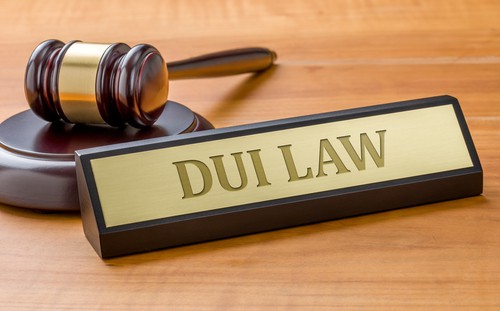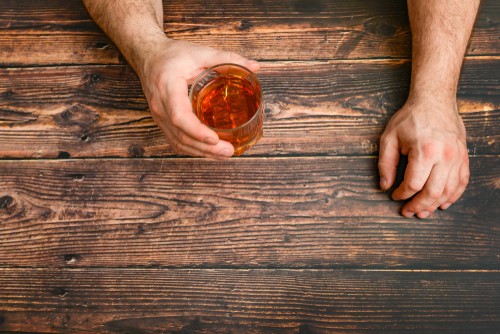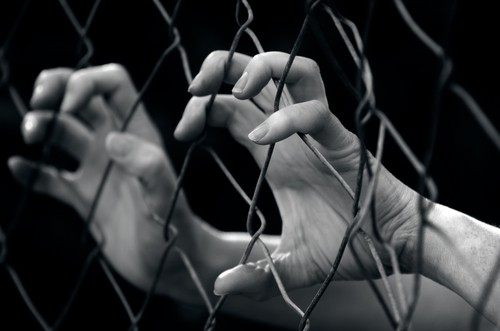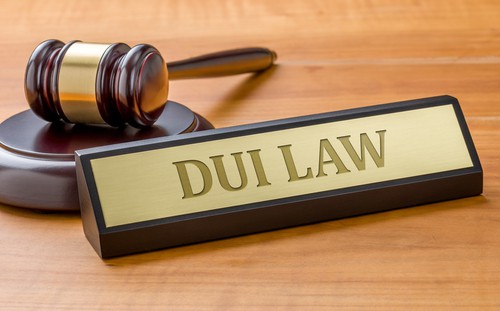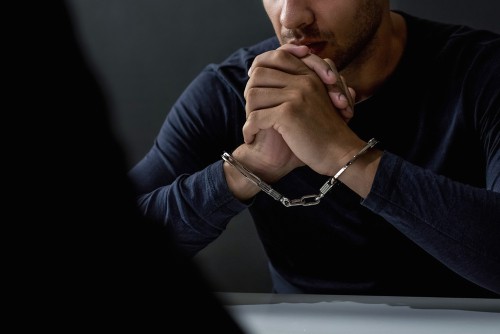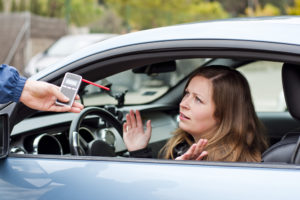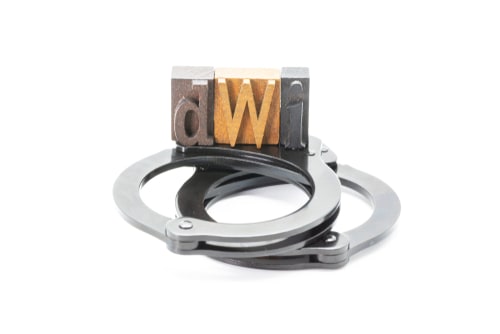
Any minor in the state of Texas who has been caught drinking and driving faces severe penalties. Texas Alcoholic Beverage Code §106.071 punishes any minor who consumes alcohol and then begins driving a motor vehicle or watercraft. Any trace of alcohol in the driver’s system can result in a charge.
Because of the way the law is written, a minor can be charged with either DUI or DWI, depending on the circumstances that law enforcement observes. This process can be confusing for the person facing the charge.
That is where an underage DWI lawyer in Carrollton can help. At the Law Offices of Randall B. Isenberg, we know how prosecutors typically apply the law in these types of cases. And we know how to craft a defense strategy that takes the exact facts of your case into account. Call us today at (214) 696-9253 for a free consultation.
DWI Versus DUI
A person aged younger than 21 is considered a minor in Texas. State law says those under 21 years of age cannot consume or attempt to purchase alcohol.
Texas has multiple laws that spell out the potential charges and penalties for a minor who drives after consuming any amount of alcohol. These charges will either fit under the designation of DUI or DWI.
Charge of DUI
In Texas, DUI is a charge that is specific to minors. DUI, or driving under the influence, refers to a minor driver who has any trace of alcohol in his or her system while driving, as spelled out in Texas law.
However, drinking and driving as a minor does not automatically mean the driver will receive a DUI charge. In certain circumstances, he or she could receive the more serious charge of DWI.
Charge of DWI
To be charged with DWI, or driving while intoxicated, the driver would have a BAC (or blood alcohol concentration) of 0.08. In this situation, the age of the driver does not matter.
A law enforcement officer can also issue a DWI charge to a minor if the driver has drugs in his or her system. If a police officer determines the driver is unable to operate the motor vehicle safely because of an inappropriate level of physical or mental capacity, a DWI charge is possible for drivers of all ages.
Police officers do have to follow a series of steps to determine whether a driver is intoxicated. The officer may perform field sobriety tests, issue a breath test on the scene, or send the driver to a hospital for a blood test. If a mistake in testing is made along the way, an attorney can argue that a reasonable level of doubt about your guilt has been created.
Crafting Your Defense
Before starting his own practice, Randall B. Isenberg spent more than 30 years as a former prosecutor and state district judge in Texas. At the Law Offices of Randall B. Isenberg, we will investigate the facts of the case, ensuring that law enforcement followed all procedures for handling evidence.
As an underage DWI lawyer in Carrollton, we know exactly how this charge can change your life forever if you are convicted. Call us today at (214) 696-9253 to discuss the situation you are facing. We can answer questions regarding the charge and the potential penalties.

Trust Us to Defend You Against This Serious Charge
The possible ramifications for a minor facing a DWI charge are substantial. According to the Texas Department of Transportation, the penalties for a first offense under 21 DWI charge in Texas can include:
- A sentence of between 3 days and 6 months in jail
- A fine up to $2,000
- Suspension of a driver’s license for 90 days to 6 months
Other penalties are possible, depending on the circumstances of your case.
You should be prepared to vigorously defend yourself against this charge. Prosecutors are collecting facts with the intent of convicting you, which will lead to significant changes in your life going forward.
An underage DWI lawyer in Carrollton at the Law Offices of Randall B. Isenberg will be able to negotiate with prosecutors on your behalf. Depending on the case, we may request that prosecutors reduce the severity of or dismiss the charge.
Call us today at (214) 696-9253 for a free consultation. We will stand by your side in court if the case goes to trial, working tirelessly to attempt to achieve the most satisfactory result in the case.



